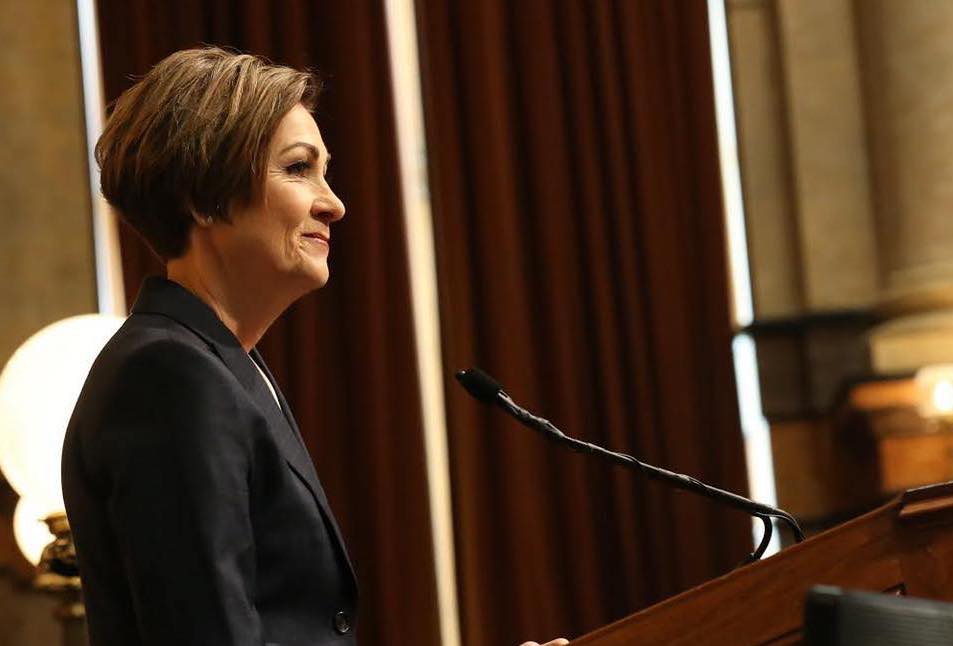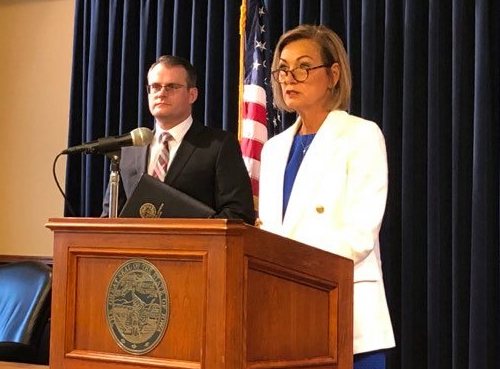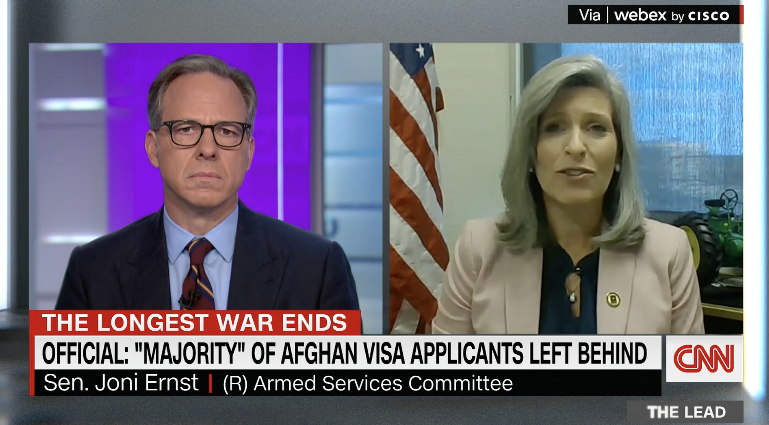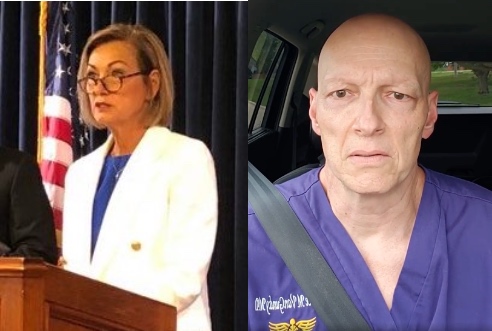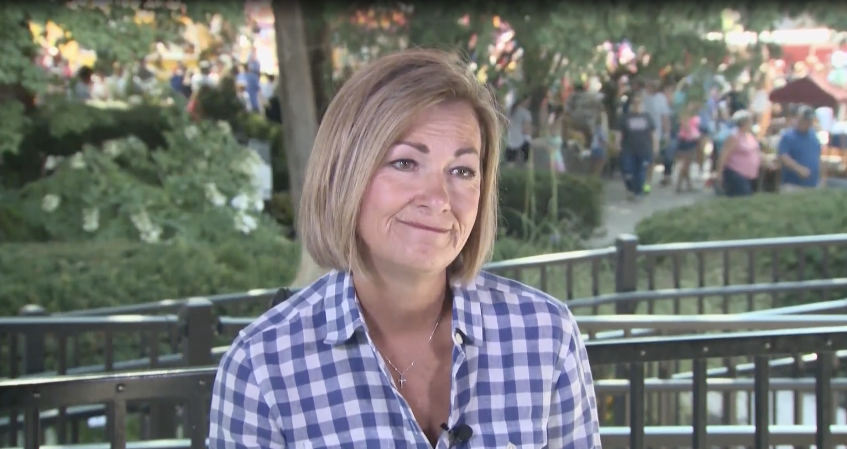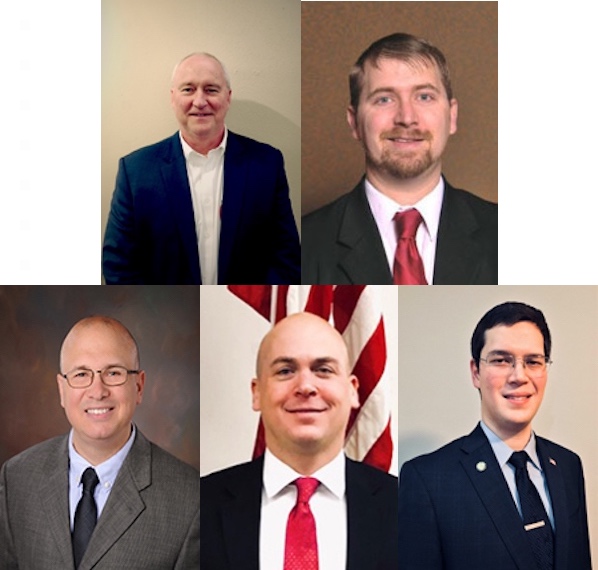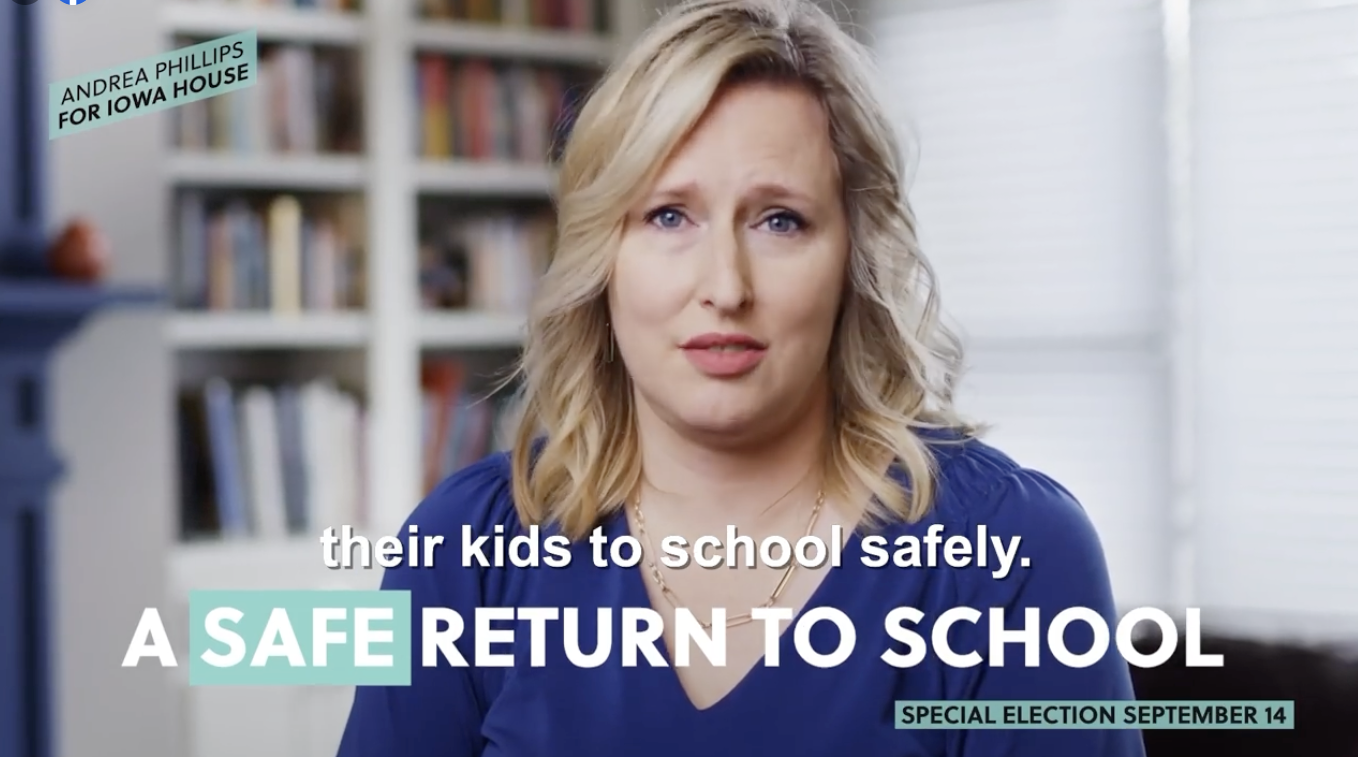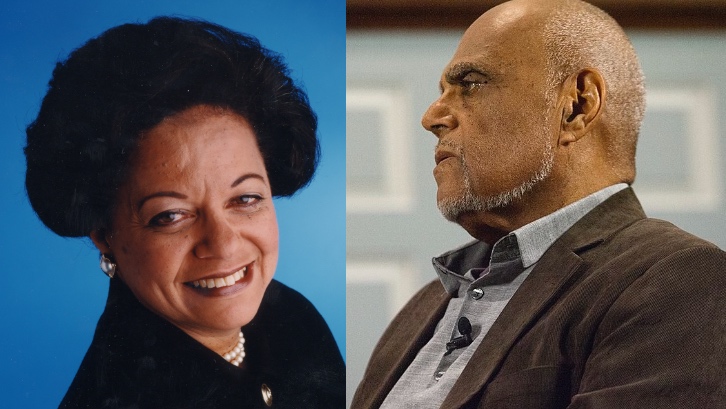I spent much of Saturday reading or watching eyewitness accounts or reflections on the twentieth anniversary of the 9/11 attacks.
I was living in the UK, so the first half of my day passed routinely as I worked on my dissertation at home. Nothing unusual was on the BBC newscast I watched over my lunch break. The first plane struck the World Trade Center a little before 2:00 pm. I got a call soon after urging me to turn on the television and watched the horror unfold for the rest of the day and evening.
The attacks were a top news story in the UK for a long time. Most people don’t know 9/11 was the deadliest terrorist incident in British history. At least 67 UK citizens lost their lives, mostly in the World Trade Center or on the airplanes. No Irish Republican Army bombing had ever claimed nearly as many victims. For weeks afterward, I remember random strangers in London offering their condolences for what happened to my country as soon as they heard my American accent.
Continue Reading...


